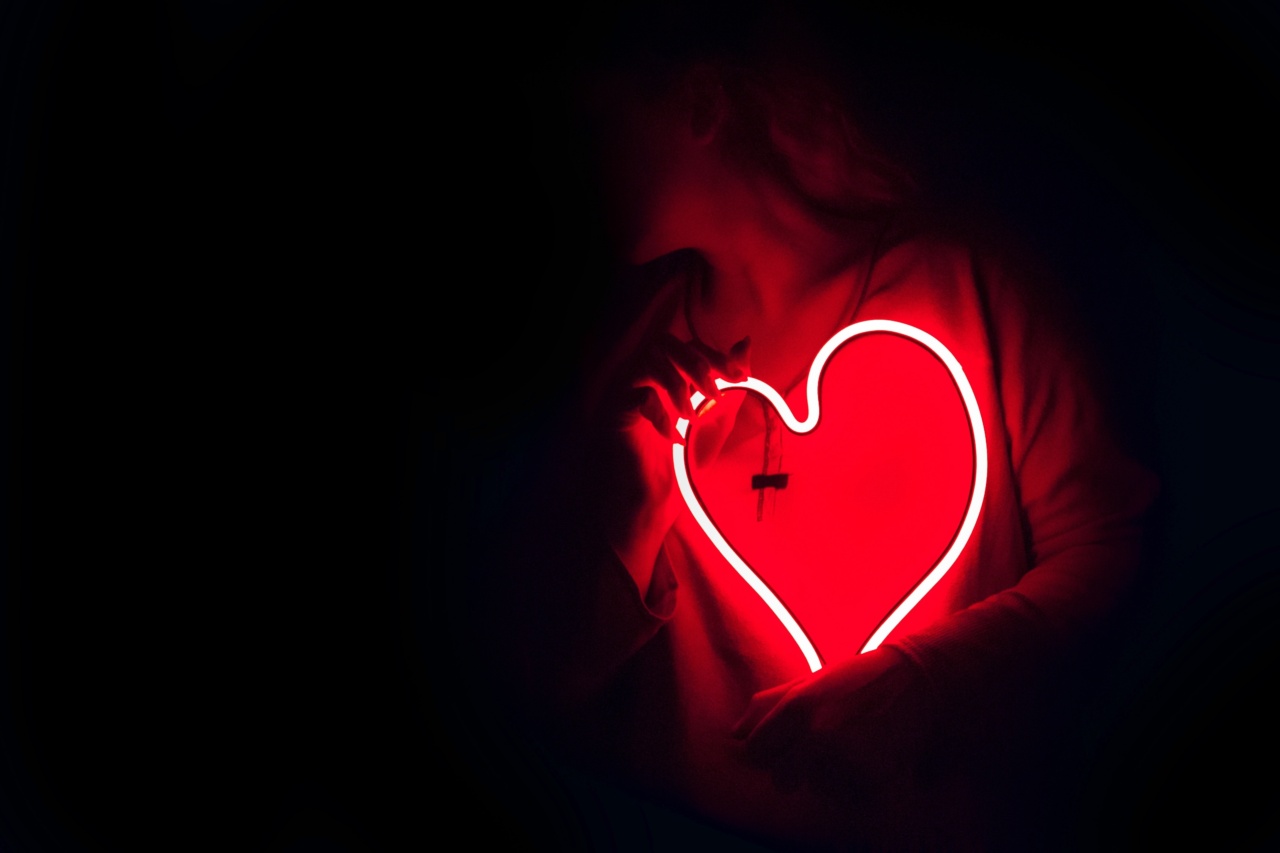Myocardial infarction, better known as a heart attack, remains the leading cause of death worldwide. Despite that fact, a heart attack is not something that people necessarily think about until it happens to them.
Many people, including women, dismiss the symptoms that they may be experiencing as something else. Unfortunately, this dismissal can sometimes lead to heart damage that could have been prevented with early detection and treatment.
Women and Heart Infarction
When it comes to heart attacks, women and men often present different symptoms. The more well-known symptoms, such as chest pain, are associated with men. Women, on the other hand, can experience symptoms that are not usually linked to a heart attack.
Symptoms such as shortness of breath, nausea, vomiting, and back pain are often dismissed as symptoms of the flu, gastritis, anxiety, or simply being overworked.
The fact that women’s symptoms are often different from men’s symptoms can make diagnosing a heart attack in women more challenging.
As a result, women are more likely to experience delayed diagnosis and treatment, which can lead to more damage to the heart muscle. According to the American Heart Association, women are also more likely than men to die within a year of a heart attack.
Surviving Infarction
Surviving a heart attack is one of the most significant events a person can experience. Infarction survivors, especially women, often face new challenges as they begin the recovery process.
Survivors may experience physical and emotional changes, such as fatigue, anxiety, depression, and sexual dysfunction.
Post-heart attack, survivors need to make significant changes in their lifestyle choices, such as quitting smoking, losing weight, and increasing their physical activity.
Prioritizing these lifestyle choices is crucial for survivors to prevent another heart attack.
The Mighty Heart of Infarction Survivors
Surviving a heart attack is not the end of the road; it is the beginning of a new journey. Infarction survivors, especially women, are incredibly resilient, displaying the mighty heart of survivors.
Survivors face new challenges head-on, take control of their health, and live their lives to the fullest despite the setbacks.
Infarction survivors, both men, and women, often choose to use their experiences to inspire and motivate others. Survivors become advocates for heart health, raising awareness of the importance of early detection and treatment.
Survivors often share their stories and experiences with others to show that a heart attack does not mean an end to life, but rather a new beginning.
The Importance of Support
Every person who experiences a heart attack that is different. Support is crucial for survivors during the recovery process, whether it may be emotional, financial, or physical support. When it comes to support, family and friends play a massive role.
Support groups designed explicitly for survivors can be incredibly helpful. These groups offer a space where individuals can share their experiences, receive advice, support, and encouragement from others who have gone through the same experience.
Support groups also give people the opportunity to connect with systems and resources designed to help them recover.
The Takeaway
A heart attack is a life-altering event. While surviving a heart attack is no small feat, recovery is a long process that can be challenging.
Infarction survivors, especially women, often experience numerous physical and emotional hurdles, but their resilience and determined spirit are incredibly admirable, displaying their mighty hearts as survivors.

























